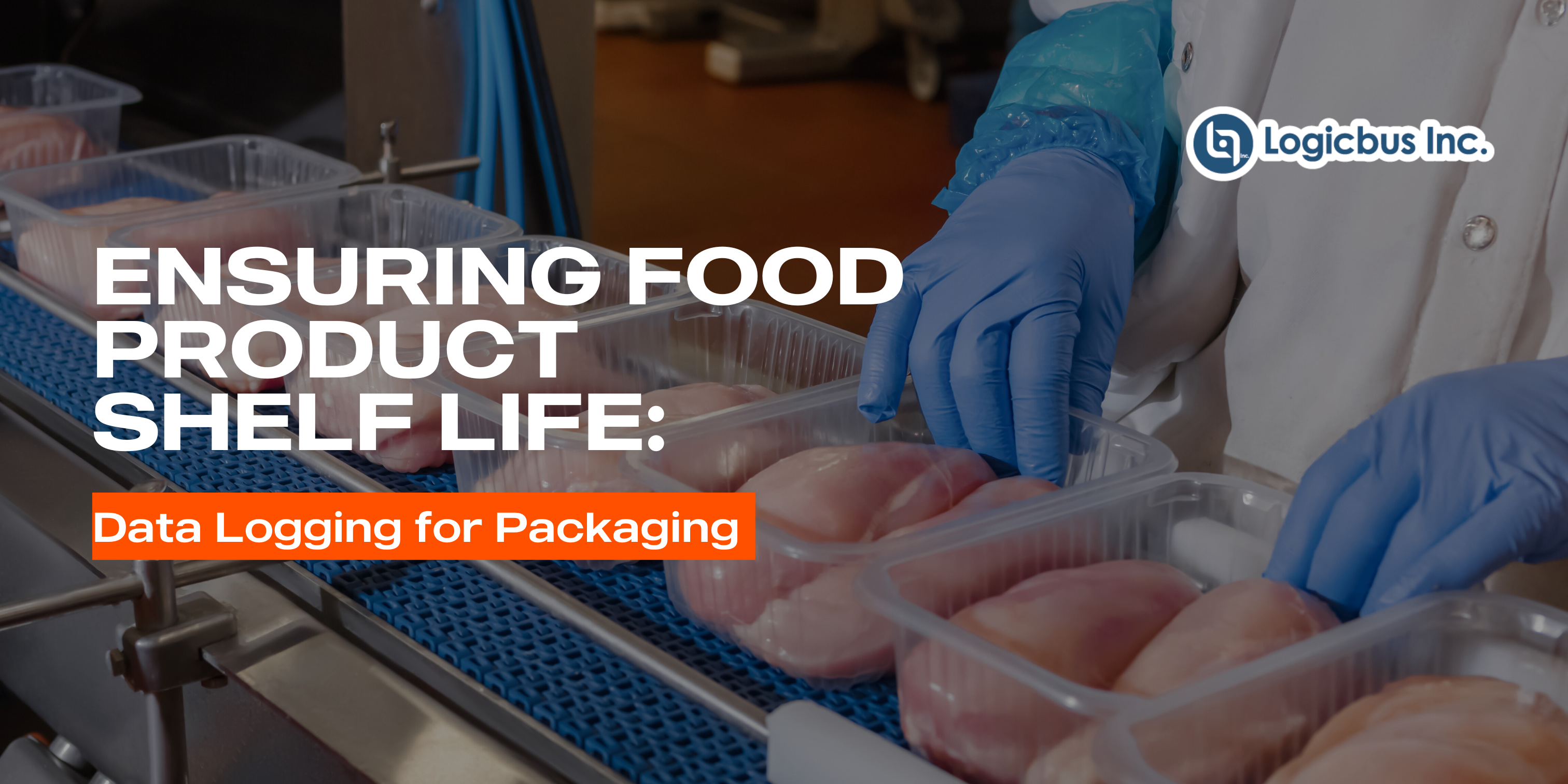
Understanding Food Product Shelf Life
Food product shelf life is the period during which a food product retains its quality, safety, and freshness. It is influenced by various factors, including product composition, packaging, storage conditions, and temperature. Extending the shelf life of food products is not just a matter of convenience but also a fundamental aspect of reducing food waste and ensuring consumer safety.
The Role of Data Logging in Packaging
Data logging involves the collection and analysis of data related to various parameters, including temperature, humidity, and pressure, throughout the entire supply chain, from manufacturing to distribution and retail. In the context of food product shelf life, data logging in packaging serves several crucial purposes:
- Temperature Monitoring:
Data loggers placed inside packaging help monitor and record temperature fluctuations during storage and transportation.
Maintaining the correct temperature is vital for preserving the quality and safety of food products.
- Humidity Control:
Data logging can track humidity levels within packaging, preventing moisture-related issues such as mold growth or product degradation.
- Quality Assurance:
Data logging ensures that food products meet quality standards by providing a comprehensive record of environmental conditions during storage and transport.
- Compliance and Traceability:
Data logging helps companies comply with food safety regulations by maintaining accurate records of environmental conditions.
It enables traceability, allowing businesses to identify and address issues promptly.
- Decision-Making:
Access to real-time data allows businesses to make informed decisions, such as adjusting storage conditions or addressing issues with packaging.
In the quest to extend food product shelf life and reduce food waste, data logging in packaging emerges as a powerful tool. It not only ensures the quality and safety of food products but also aids in compliance with industry regulations and enhances overall supply chain efficiency. As technology continues to advance, data logging solutions are becoming more sophisticated, offering greater precision and control in the quest to maximize the shelf life of food products.
sales@logicbus.com | support@logicbus.com | +1 619 616 7350 | Start conversation





